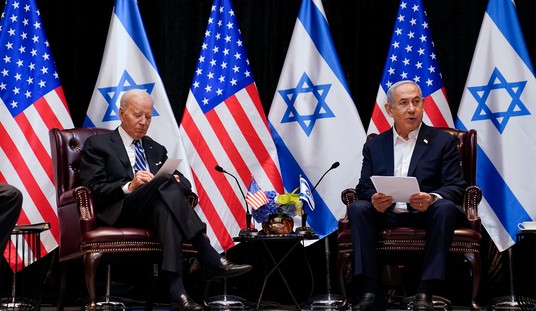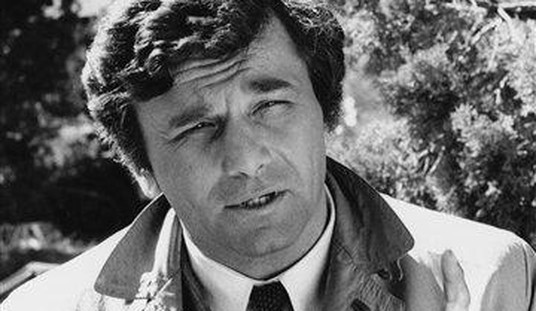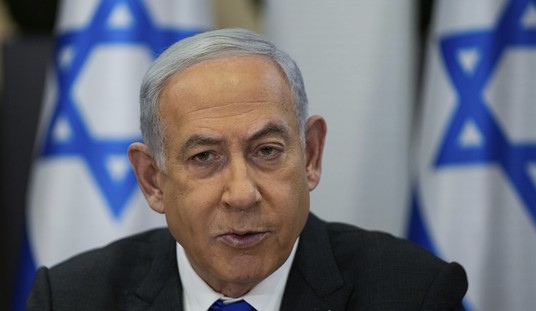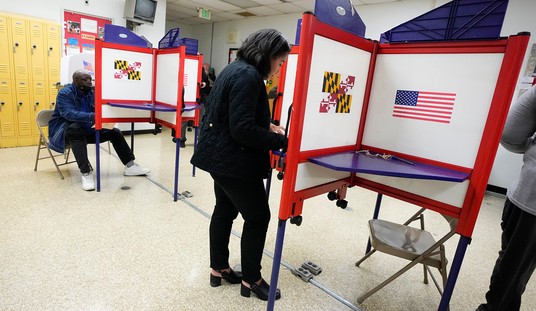The overseas voting for the Iranian elections has been covered by the Los Angeles Times. Los Angeles has a large number of Iranian expatriates. The LA Times says,
As scores of expatriates showed up at a designated West Los Angeles polling station Friday to cast ballots in Iran’s presidential election, a small group of demonstrators protested outside and denounced them for helping to legitimize “a fascist regime.” Maryam Ariannejad, 35, who was among those who voted at the Westin Los Angeles Airport hotel polling station on Century Boulevard, said she cast her vote in support of the people of Iran, who were being given a chance to exercise their civil rights and possibly choose a new leader. …
After initial reports said that Ahmadinejad had won re-election with 69% of the vote, demonstrator Roozbeh Farahanipour, 37, said: “We told you the elections didn’t mean a thing.”
Another demonstrator, Nasrin Mohammadi, 32, said her brother Akbar, a student, had been jailed for seven years in Iran before being executed for speaking out against the government. She said she did not trust the country’s political leaders.
The elections highlight the dilemma of engagement with Iran. “Engagement” is an all purpose word whose meaning crucially depends on a modifier. If engagement with an oppressive regime is ultimately directed at facilitating “regime change” it means one thing. If on the other hand engagement is merely directed at “behavior change”, then it means another, because engagement in that case tacitly implies a recognition of the status quo and a willingness to deal, without any set limit, with the devils in power.
The events in Iran have tenuous and distant parallels to those surrounding the fall of Ferdinand Marcos in 1986. The question facing Ronald Reagan in 1986 was whether his policy towards Marcos could contemplate ‘regime change’. Jimmy Carter earlier attempted to modify Marcos’ human rights behavior, to no effect. As the unpopularity of Philippine President rose in the Philippines the question of the ends to which ‘engagement’ should work arose anew. The same debate was being replayed on the ground. In an effort to shore up the appearance of legitimacy, Marcos called a ‘snap election’ in late 1985. When Corazon Aquino agreed to run against him, her decision was criticized by many on the left as conceding the stamp of legitimacy to a rotten dictatorship. The debate on the ground revolved around whether or not to participate in the electoral exercise. What the Left failed to realize was that her participation was clearly engagement with the objective of ‘regime change’ not participation with the goal of ‘behavior change’. Wikipedia relates:
in the last week of November 1985, Marcos unexpectedly announced a snap presidential election to be held in February 1986. Initially, Senator Salvador Laurel of Batangas, the son of a former president, was seen as the favorite presidential candidate of the opposition, under the United Nationalists Democratic Organizations. However, business tycoon Don Joaquin “Chino” Roces was not convinced that Laurel could defeat Marcos in the polls. Roces initiated the Cory Aquino for President Movement to gather one million signatures in one week for Cory to run as president. …
The elections held on February 7, 1986 were marred by the intimidation and mass disenfranchisement of voters. Election day itself and the days immediately after were marred by violence, including the murder of one of Aquino’s top allies, Antique governor Evelio Javier. While the official tally of the Commission on Elections (COMELEC) consistently showed Marcos in the lead, the unofficial tally of the National Movement for Free Elections indicated that Aquino was leading. Despite the job walkout of 30 COMELEC computer technicians alleging election-rigging in favor of Marcos, the Batasang Pambansa, controlled by Marcos allies, ratified the official count and proclaimed Marcos the winner on February 15, 1986. The country’s Catholic bishops and the United States Senate condemned the election, and Aquino called for a general strike and a boycott of business enterprises controlled by Marcos allies. She also rejected a power-sharing agreement proposed by the American diplomat Philip Habib, who had been sent as an emissary by U.S. President Ronald Reagan to help defuse the tension. …
On 22 February 1986, the People Power Revolution was triggered after two key Marcos allies, Defense Minister Juan Ponce Enrile and Armed Forces Vice-Chief of Staff Fidel Ramos called on Marcos to resign and holed up in two military camps in Quezon City. Aquino, who was in Cebu City when the revolt broke out, returned to Manila and insisted on joining the swelling crowd that had gathered outside the camps as a human barricade to protect the defectors. On the morning of 25 February 1986, at the Club Filipino in San Juan, Aquino took the presidential oath of office administered by Supreme Court Associate Justice Claudio Teehankee. Marcos himself was sworn into office at Malacañang Palace on that same day, but fled into exile later that night.
To his everlasting credit, Ronald Reagan was decisive enough to understand that ‘regime change’ was not off the table. And the rest is history. I think the real dynamic in the Iranian elections — which Ahmadinejad, like Marcos, appears to have won — isn’t driven by policy differences of the two candidates so much as the underlying resentment of the Iranian people for the current regime. There is a large protest component to the vote. A large number of Iranians, as the LA Times reports, want ‘regime change’, peacefully if possible. The Obama administration might reflect on whether their policy to effect ‘behavior change’ and provide assurances to Teheran are in fact working at cross purposes not only with the aspirations of the Iranian people, but against — to use a word much beloved by the Left — the tides of history. It would be tragic, not to speak of comical, if President Obama succeeded in diplomatically engaging a regime only to see their partners kicked off the stage by the Iranians themselves. Just ten hours ago, the administration pledged to work with whoever wins.
“Whoever ends up winning the election in Iran, the fact that there’s been a robust debate hopefully will help advance our ability to engage them in new ways,” Obama said in response to a reporter’s question at the White House today. “We think there’s a possibility of change.”
Yes. But which side of change were you on?









Join the conversation as a VIP Member